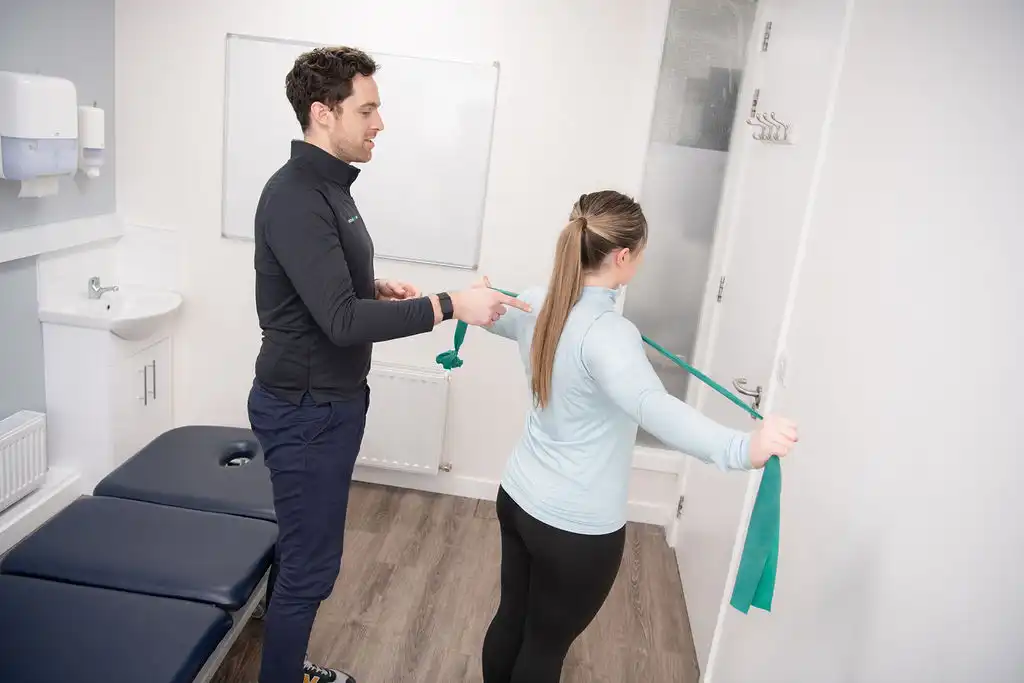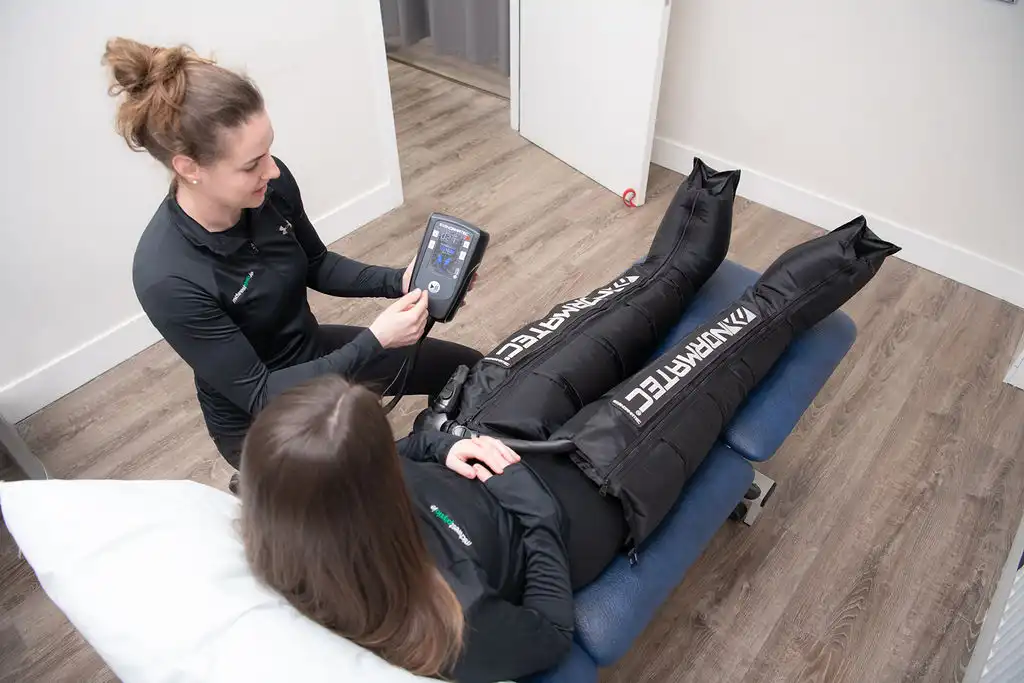
At Mid West Physiotherapy, we understand how shoulder pain can severely limit your ability to move freely and enjoy both daily activities and physical pursuits. Whether you’re recovering from a sports injury, dealing with a chronic condition like rotator cuff tendinitis, or simply experiencing the effects of aging and wear, our physiotherapists are here to help you regain mobility, strength, and comfort. With our expert care and treatment, we can help alleviate your discomfort quickly and guide you toward a long-lasting recovery.
We take a personalised approach to diagnosing and treating shoulder problems, ensuring that each treatment plan is tailored to your unique needs. Our goal is to help you return to your regular activities pain-free and to help prevent future injuries from occurring.

If you’re experiencing any of these symptoms, it’s important to seek a professional assessment to determine the root cause and develop a customised treatment plan to address your needs.
The cornerstone of our assessment process is understanding how your shoulder pain is impacting your life. We focus on the factors that make the pain worse and those that provide relief. By gathering a comprehensive profile, we can create a treatment plan that not only aims to reduce pain but also restore function, improve strength, and promote a faster recovery.
Typically, you will be given a tailored exercise program to do at home. These exercises are designed to strengthen the muscles around the shoulder, improve mobility, and restore stability. We encourage you to follow this program consistently as it will accelerate your recovery. Throughout your treatment, your physiotherapist will guide and support you every step of the way. We’ll monitor your progress, make adjustments as needed, and celebrate every milestone.
Our goal isn’t just to relieve pain in the short term, but to empower you with the tools and knowledge to maintain your recovery, prevent future injuries, and enhance long-term shoulder health.
Physiotherapy offers many benefits, including:
Your treatment plan will focus on both relieving your pain and improving your long-term mobility. We will explain every step of the process so you can feel confident in your care.
Your physiotherapist will incorporate the most appropriate treatment techniques and modalities into your recovery programme.
Your physiotherapist will guide you on the best ways to prevent future shoulder pain or injury. Recommendations may include:
Keep up to date with us on any of the below
Stay in the loop! Sign up for our newsletter and be the first to hear about exclusive updates, insights, and special offers tailored just for you